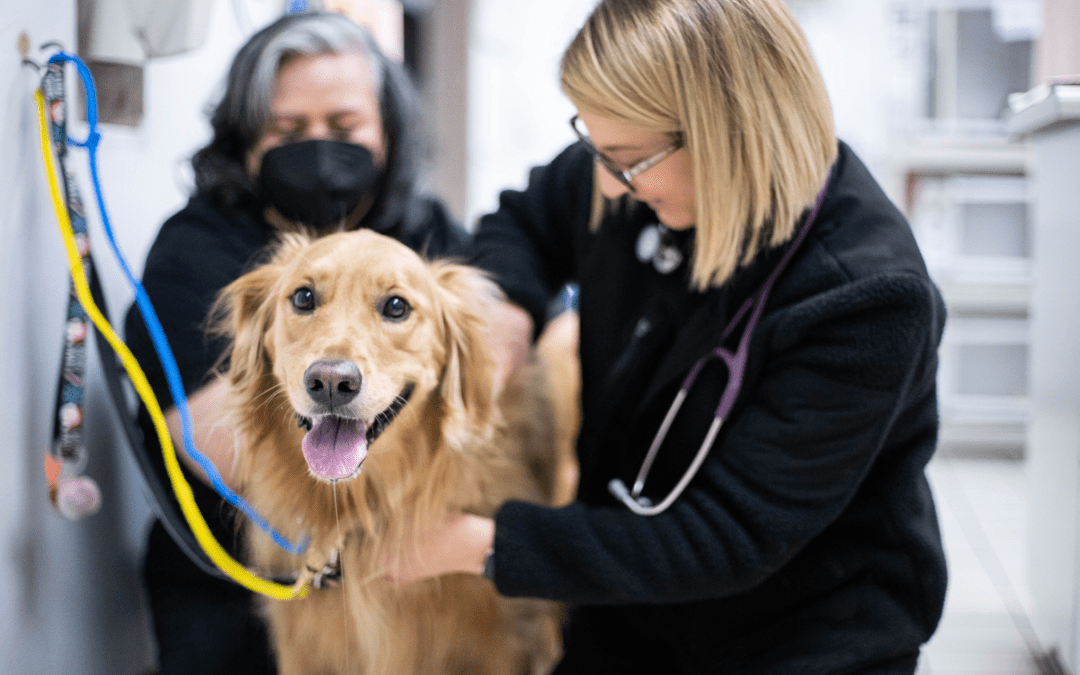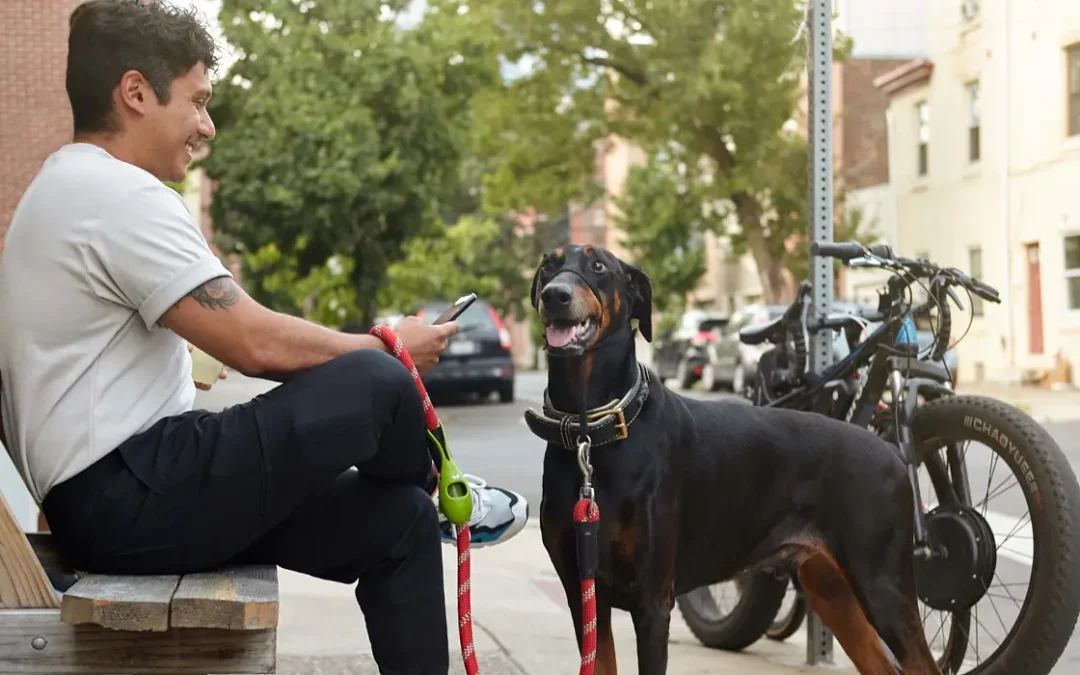A technician calling in sick could make the schedule that day look more intimidating. But like a retriever to a tennis ball – veterinary teams are resilient. Here are some tips to make it through the hardest days with the fewest staff members.
Tip #1: Play to Your Current Team’s Strengths
If you have a technician who is great with clients and a front desk person calls out for the day, leverage that technician to help make the day go by faster! They may have a knack for handling appointment calls, calming the most anxious patients, or can manage your clients happily through your appointment flow.
Try your best to rely on your other teammates for tasks that are not your forte. Taking the time to get to know your (and your team members’) strengths and weaknesses will create more opportunities to work efficiently. Plus, working together as a team to divide bigger tasks can help make tough days go more smoothly.
Tip #2: Prioritize Your Appointments
Organizing the day’s appointments ahead of time in a way that maximizes the time each veterinarian spends with each patient is crucial. When a surgery is scheduled, try to leave ample time before and after easier appointments that day. In a tight bind? Text clients with those easier appointments, such as wellness exams and nail trims, to see if they are willing to come at a time that works better for you. That way, you can use any extra time in those hopefully simple appointments to catch up on calls, cleaning, or a snack break.
This will also require some training with your scheduling team. Develop processes that work for your practice and collaborate with your team to create the most efficient scheduling strategy.
Tip #3: Block Off Time for Emergency Appointments
When planning out appointments for the day, it’s always important to block off a couple of hours throughout the day for urgent-care situations. This is even more important during COVID-19, when clients know they have to drop off their pet, and understandably want to drop it with you, who they trust, and avoid an emergency clinic if possible.
You don’t necessarily have to set a whole two-hour section out from your day. Instead, have a couple of sections of 30-minute blocks throughout the day dedicated for any emergencies that may arise.
In the event that no urgent care appointments or calls come in, this gives you and your staff the opportunity to catch up on work and use that time to figure out how to make the rest of the day go by even more efficiently.
Tip #4: Automate Inefficient or Time-Consuming Processes
It’s difficult to value the specific tasks that you do in a veterinary practice, as every task is necessary to keep it all functional. However, there may be certain tasks that take up a lot of time but aren’t as valuable in that specific moment.
For example, if a vet tech needs to take an hour out of their day to make reminder calls for the appointments taking place the next day, that is something that’s extremely valuable to decrease no-shows. However, this task could be automated to free up their time to work on more valuable tasks around the clinic, such as helping patients or helping with lab tests. Consider texting clients for routine surgery follow-ups, lab results, check-in calls—anything to help your team get off the phone and save time.
Automating your reminder calls and confirmation processes is an easy way for you to optimize your team’s time and energy to help you out on days when you’re short a set of hands.
Tip #5: Show Your Staff You’re Appreciative of Their Hard Work
A simple, “Thank you for your hard work today” can go a long way. Genuinely show your team that you care. On days that you’re swamped, do little things to show them that you’re thinking of them as people. Block off some time to eat lunch with them, order food as a thank you present, or bring them coffee as your treat the next day.
Your clinic would not function properly without your team – show them that you care about them and are thankful for the work that they do. The next time there’s a tough day in your practice, they’ll know that you as a doctor value everything they do for the business.
Crazy days happen and it’s important to set your practice for success for the days that you may end up short-staffed. Implement these few steps and you’ll be working through your short-staffed days in a breeze.
Want to learn more about how you can support your team with best scheduling practices? Schedule a time to chat with one of our practice management consultants today about PetDesk’s digital appointment reminders
Check out more best practices for veterinary professionals
Download a FREE copy of our customer success e-book! We’ve taken some of its key practices and created a guide for how the Customer Success Model can be applied to your practices






